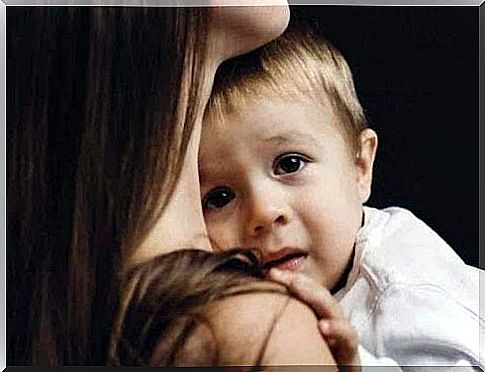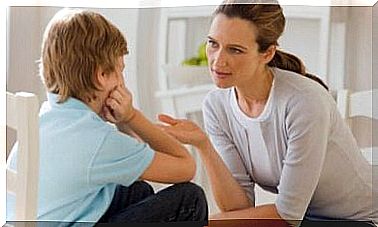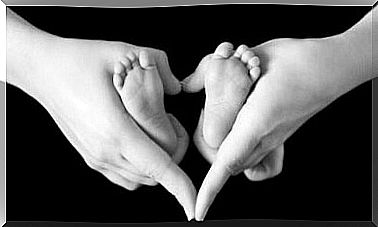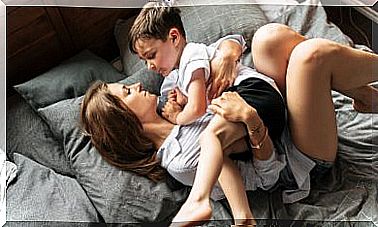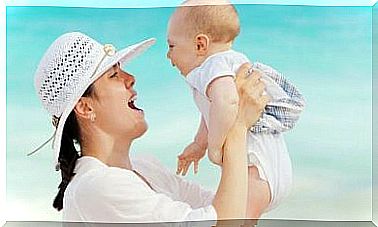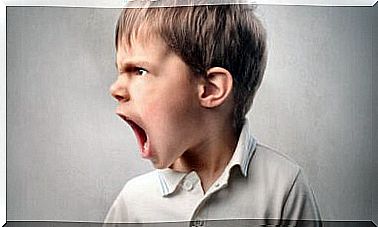How To Help Overcome Childhood Fears
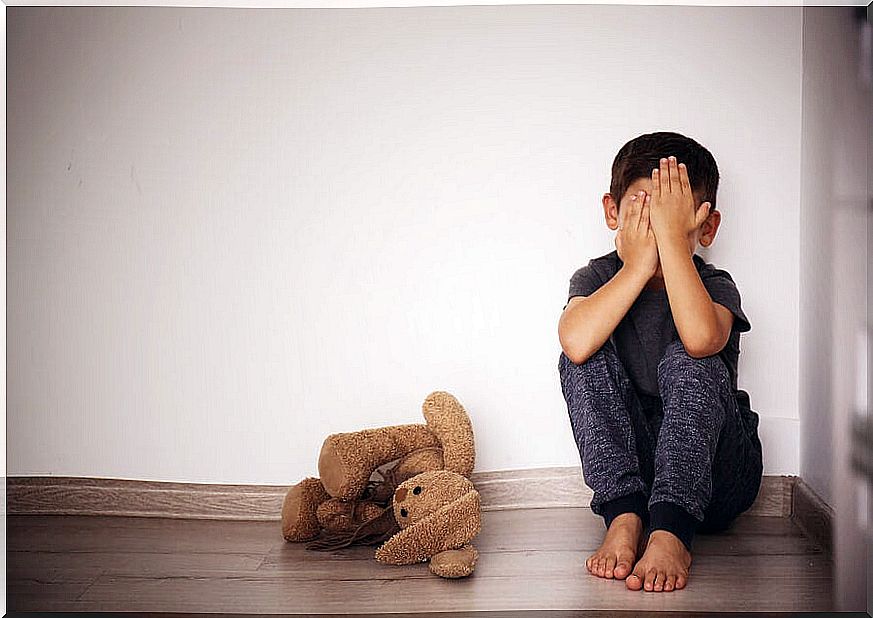
Childhood fears are relatively normal up to a certain age ; To a greater or lesser extent, a large part of children go through this. However, it is not the same as a phobia or anxiety disorder. How can we help overcome childhood fears?
The importance of understanding childhood fear
In the different phases of the child’s development, it is common for them to experience fears that are specific to their growth and a specific evolutionary stage. When the little one fears the dark, strangers or being alone, they may be generating what we call ‘evolutionary fears’.
Fear is a natural reaction of living beings and its objective is to avoid dangerous situations, both immediate or potential, that put their survival at risk. In children, fears are common in most cases; They are usually temporary and vary in intensity depending on the stage of development.
Childhood fear by ages
Childhood fear varies according to the age of the little one. During the first two years, fears are due to loud noises, unfamiliar people, and separation from their parents.
As they reach preschool, these fears become more apparent as their imaginations begin to develop and their fears become more abstract. For example, they fear ghosts, monsters, witches, etc.
In the school stage, between 7 and 11 years old, fears begin to be related to reality ; These are usually related to suffering physical damage, illness or visits to the doctor. For example, the child may fear that his parents will divorce or that he will not adapt socially.
In preadolescence, the aforementioned fears begin to be less and less. At this stage, issues related to the school environment are of great importance: it is the case of not being accepted by their peers, approval by adults and failure in grades and school performance.
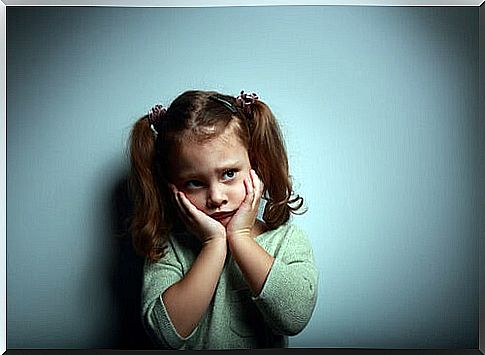
When childhood fear turns into a phobia
Childhood fear is not the same as phobia. Therefore, parents must be vigilant; if there are symptoms that the child has phobias, it is necessary to come to their aid quickly.
Phobia is an excessive and irrational fear that the child suffers from a specific situation or object. Contrary to fear, which seeks to protect us in risky situations, phobia refers to an irrational fear of a danger that supposes being uncontrollable by the child; This fear limits and paralyzes you.
It can be very difficult to distinguish fear from a phobia ; Normally, phobias are manifested by the emotion that arises from the anxiety that the child generates when facing certain situations or precise objects.
It should be borne in mind that there are three types of phobias, depending on the stimulus that triggers them:
- Generalized : excessive fear and anxiety are experienced in situations of different kinds.
- Specific: refers to the fear of situations related to animals or insects, or those related to the natural environment, such as climatic phenomena, or fear of any medical intervention.
- Social: social situations generate anxiety or the child feels great discomfort; for example, when being with many people, when interacting with strangers, etc.
How to help overcome childhood fears?
The fact of not accompanying the child and helping him to overcome his fears during his childhood development can have consequences in adulthood; The result will be that the possibility of generalized anxiety will increase in the face of various challenges or situations.
For greater security, it is always best to approach the problem with a professional who recommends the appropriate treatment to alleviate the child’s fears.
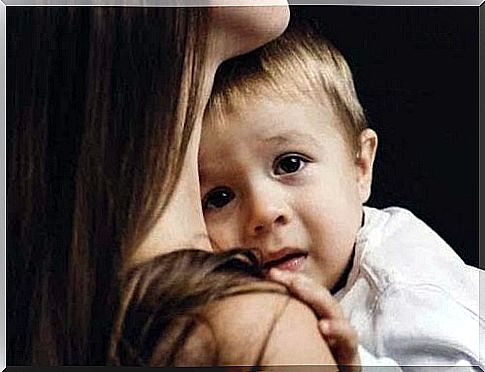
In the domestic sphere, to help the child with his fears it is necessary to be clear about the following guidelines:
- Identify what situations or objects make you afraid.
- Communicate actively, listening and seeking support.
- Transmit security and confidence to the little one so that he can overcome fears or situations that generate frustration.
- Teach you methods to control anxiety or give you some tools to cope with a situation; for example, giving him a special object that gives him security, in case he is afraid of the dark at night.
- Lead by example and give the child a positive perspective on problems, teaching him to find possible solutions and naturalize them as something that is part of life.
In short, helping to overcome childhood fears is possible and extremely beneficial. However, their presence should not be of concern to parents, as long as they do not turn into major disorders.
